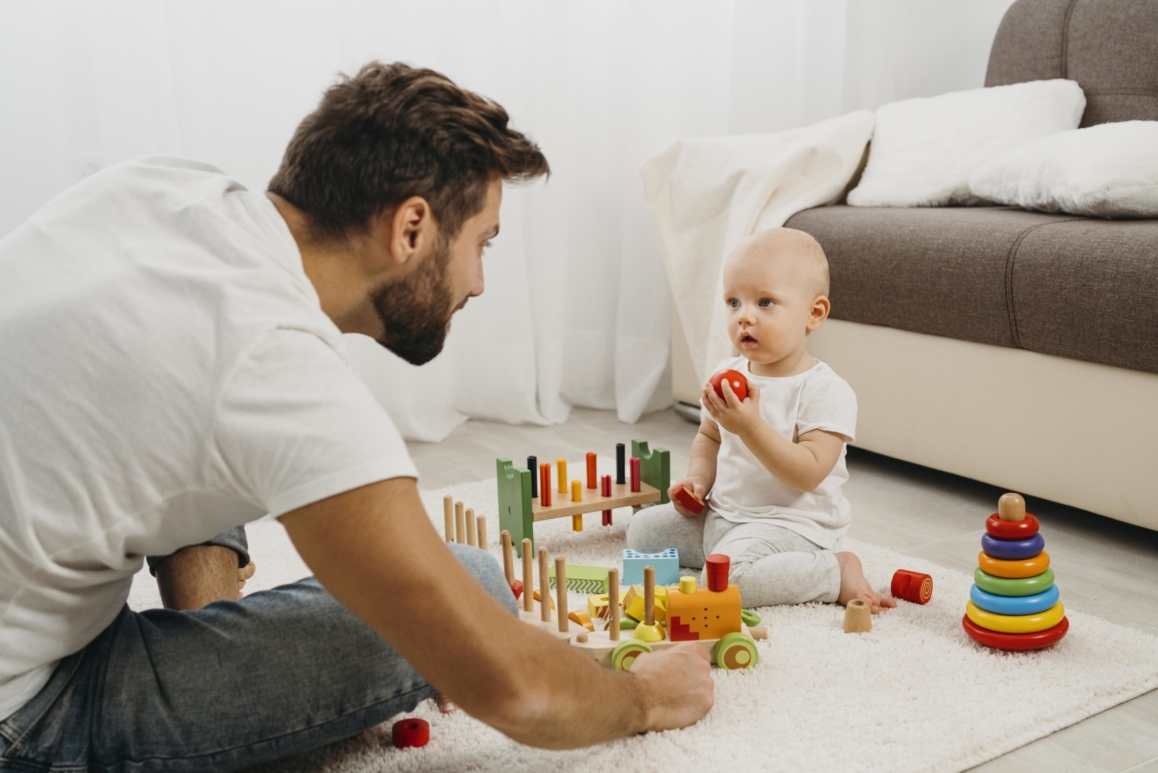Sensory Tips and Toys For Childen With Autism
Many children with autism spectrum disorder (ASD) have problems processing sensory information. Hyporesponsive or hyperresponsive children might react with meltdowns, withdrawal, or other challenging behaviors.
Unfortunately meeting the needs of a child with autism can increase a parents’ risk of depression, anxiety, or other kinds of psychological distress.
Sensory tips and toys for children with autism help relax, focus, and calm down to a particular scenario or event. It helps them grasp things with decreased fear and discomfort and enables them to lay naturally. They are helpful to develop social learning skills like planning, negotiating, and sharing. It also adds a critical level of sensory input and interest to sensory play. Please note, children who have sensory differences or Sensory Processing Disorder (SPD) may require some assistance when selecting and playing with sensory toys.
Therefore, we collaborated and created a blog to help as much as possible by providing some methods and tools to properly deal with children that have autism. Below is a list of sensory tips and toys for children with autism, we feel can really make a difference in your child’s behavior.
Visual/Sight
- Visual Liquid Timers
- Dimming lights for a child
- Reflective balls
- Bubble mirrors
- Light Projector
- Sunglasses
- Glitter wands
- LED activity tablet
- Word searches
- Puzzles
- Mazes
- Optical illusion books
- Kaleidoscope
Tactile/Touch
- Fidget toy
- Spiky sensory balls
- Slime/silly putty
- Sand
- Orbeez
- Stress balls
- Pin art
- Vibrating cushions
- Tangle relax therapy
Olfactory/Smell
- Scented playdough
- Scented markers
- Scented candles
- Scented lotions
- Scratch and sniff stickers
- Fresh herbs
Auditory/Sound
- Noise cancelling headphones
- Being mindful of how loud you speak around them
- Allowing them some time to process what you are telling them
- Rainmaker toys
- Electric dog pet
- Ocean wave drum
Gustatory/Taste
- Snacks that are chewy or crunchy
- Chewing gum
- Sensory chewelry
- Vibrating toothbrush
- Drink thick liquids from a straw
- Make them aware of new foods/ talk how it tastes
- Oral motor exercises such as blowing a cotton ball
Vestibular/Body Movements
- Jumping on a trampoline
- Crash mat
- Going on a swing
- Sit and spin disk
- SensaSoft rockin roll top
- Sensa rock
- Balance board
Proprioception/Body Awareness
- Body sock
- Weighted blanket
- Weighted stuffed animals
- Weightbearing activities such as crawling, push-ups
- Stretching
- Deep pressure like tight hugs
- Lap pad
- Sensory pea pod
- Steamroller advantage line
- Bean Bags
- Air-Lite barrel roll
Interception/Physiological
- Heavy work
- Sensory diet
- Meditation
- Yoga
- Breathing exercises
- Alerting activities
- Give sensations meaning
- Implementing adaptions
Please feel free to contact us for any additional information.




